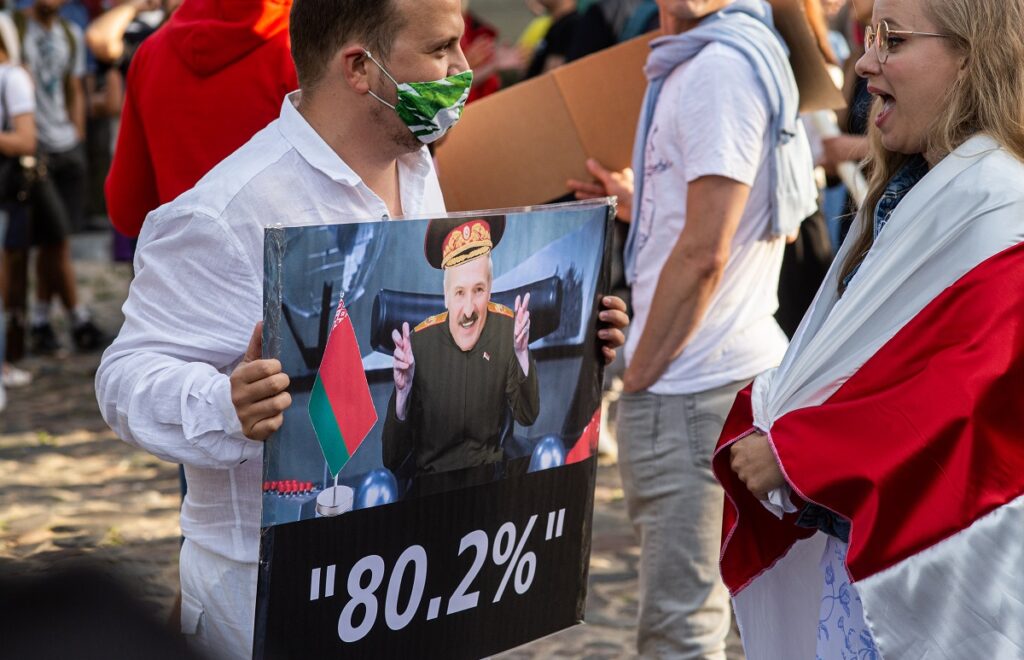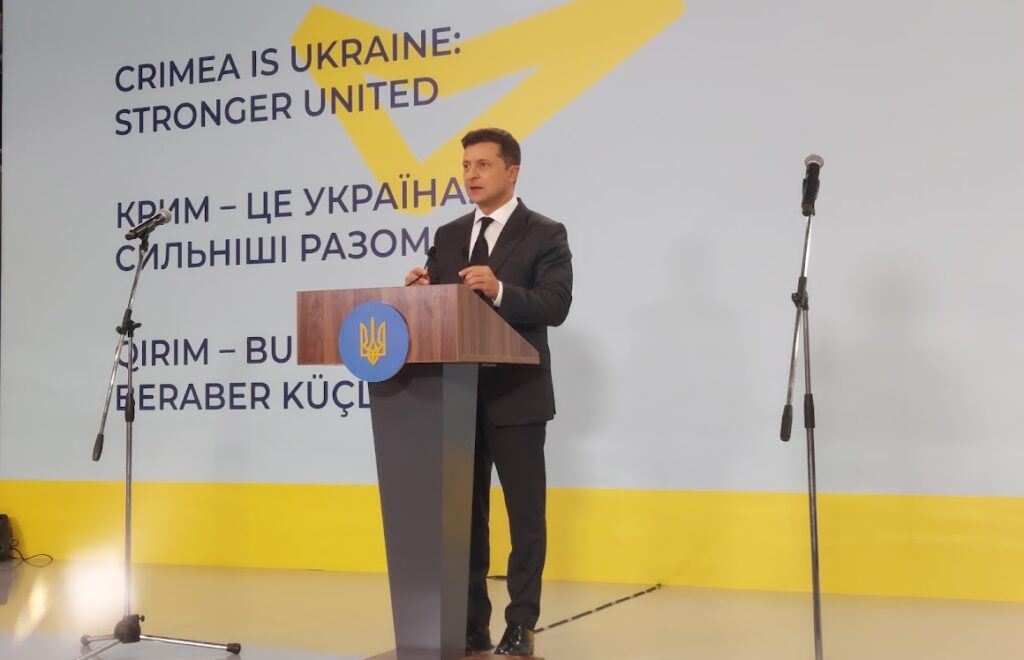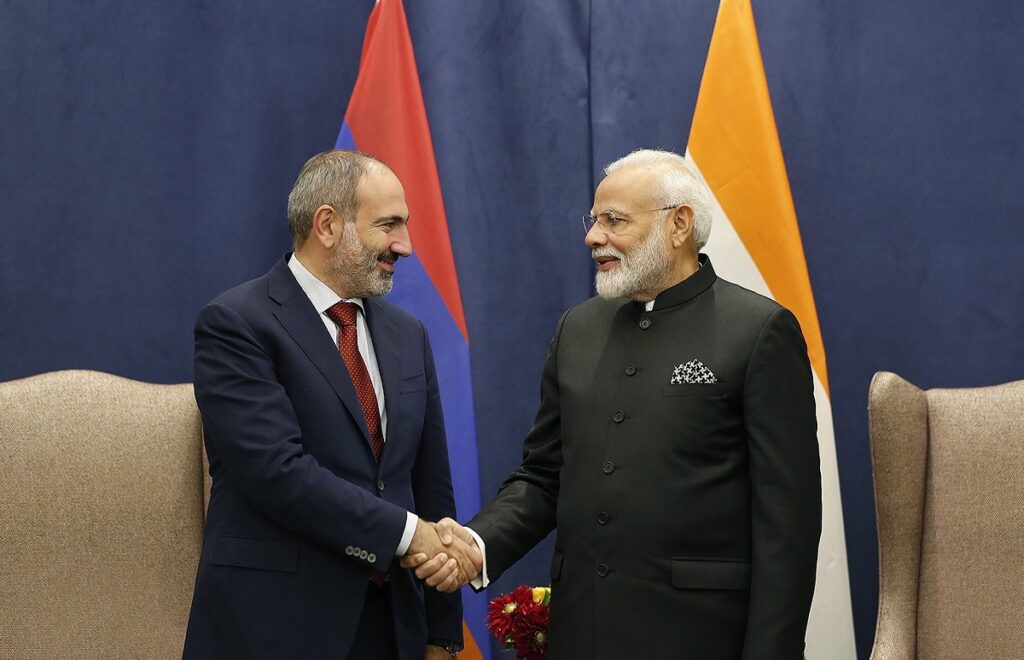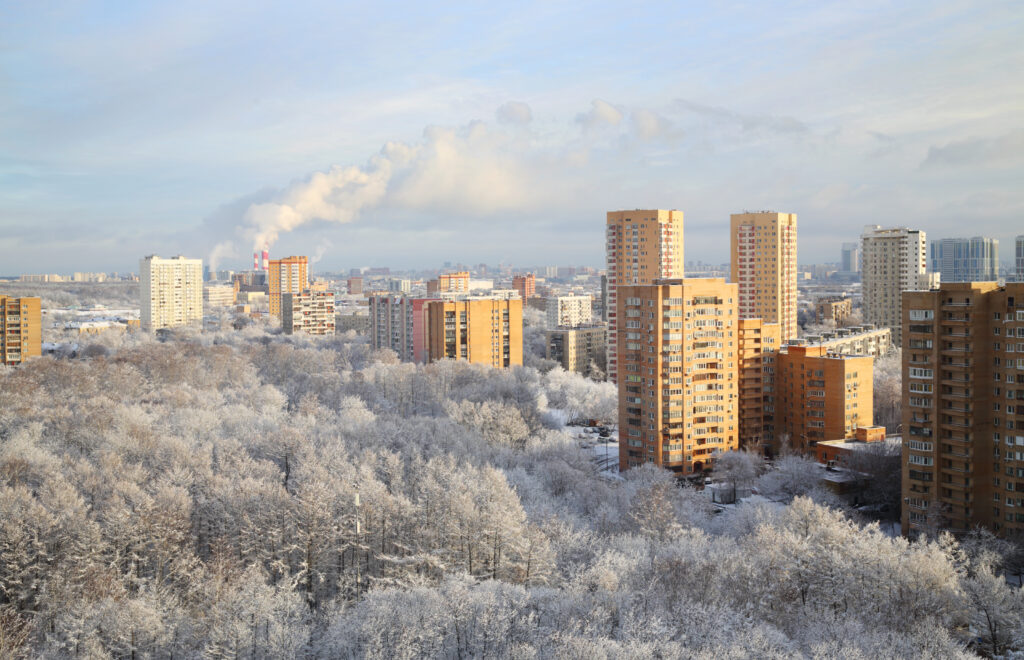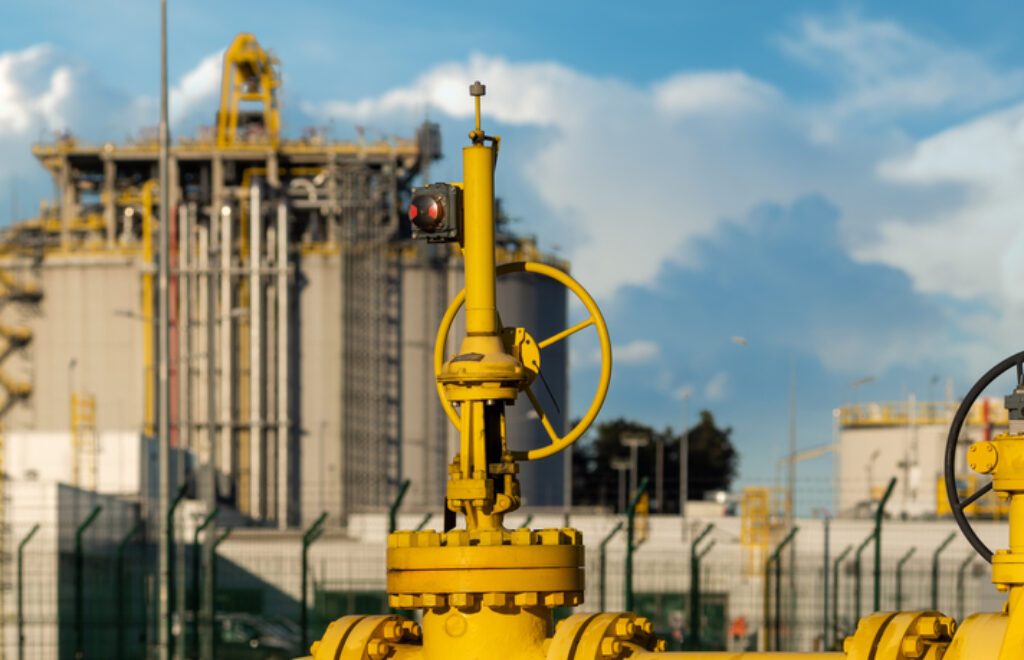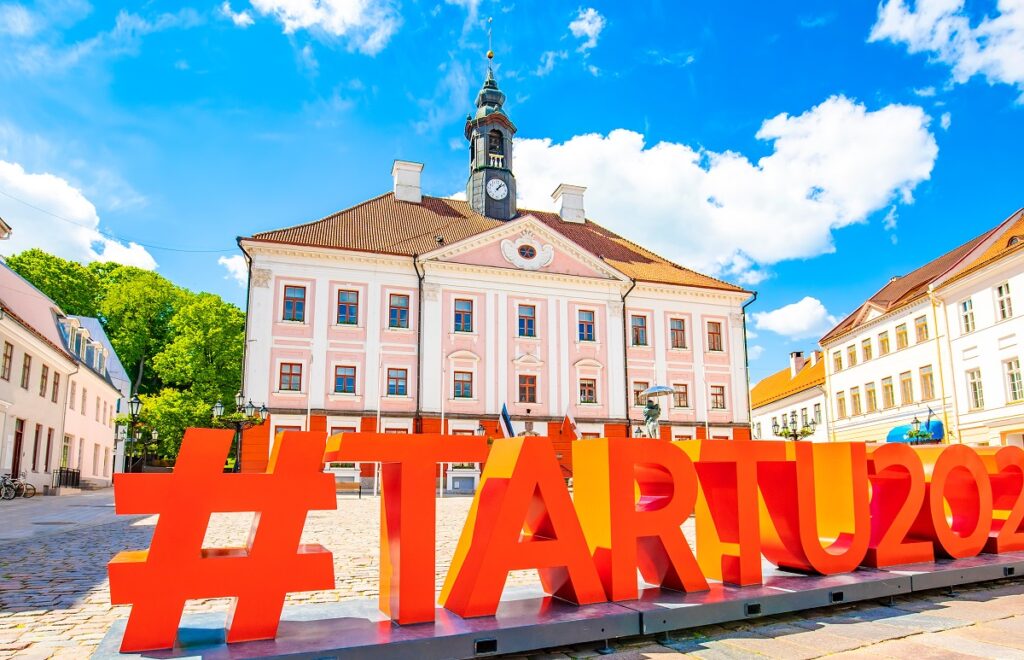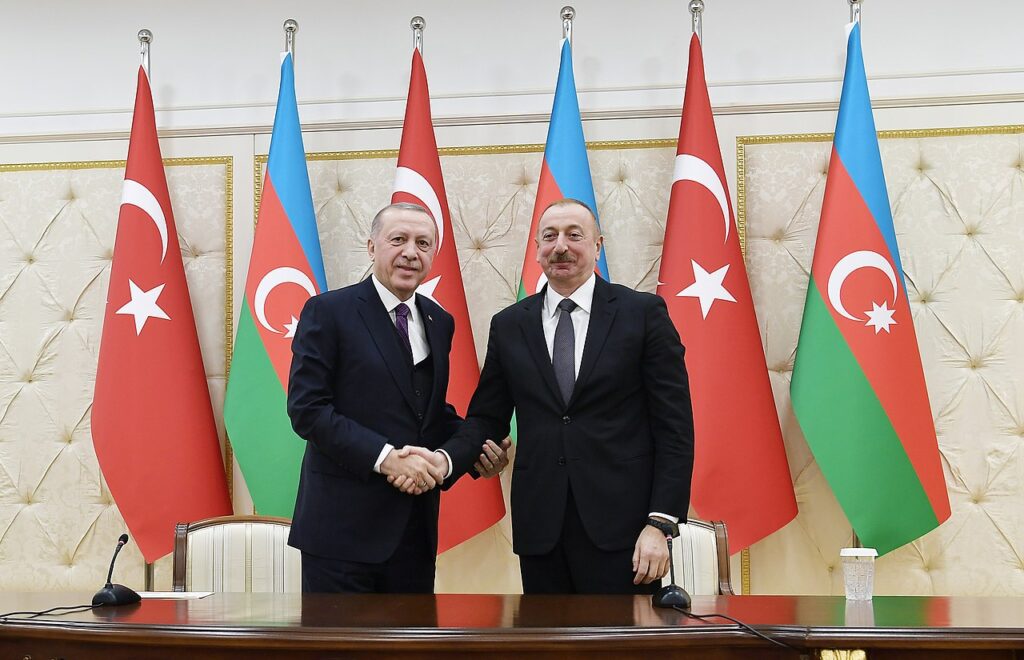German Ostpolitik in the shadow of Russia’s imperial revenge
Berlin made a momentous blunder long before Angela Merkel came to power and early in the succession of Vladimir Putin's reigns of, so far, two premierships and four presidencies. In September 2001, the Federal Republic’s government invited Russia's newly minted second president, Vladimir Putin, to address the assembled Bundestag. No other Russian head of government or state has ever received such an honour.
February 15, 2022 - Andreas Umland




